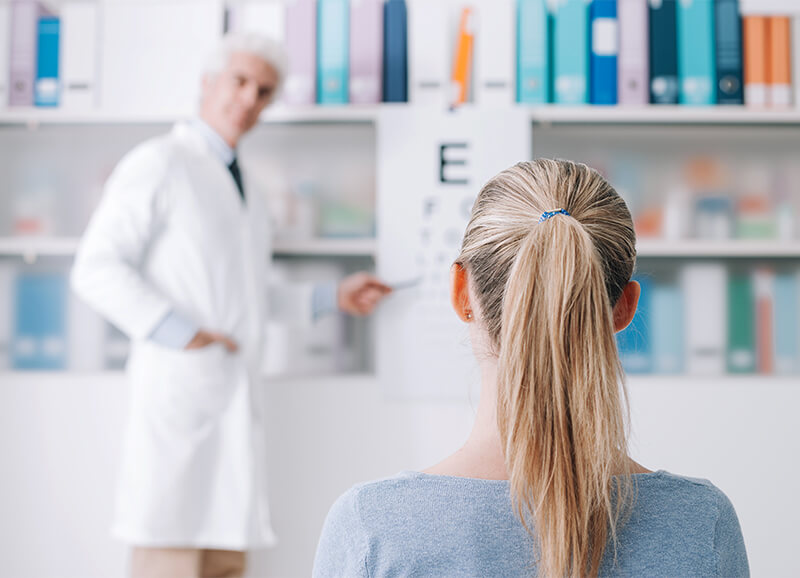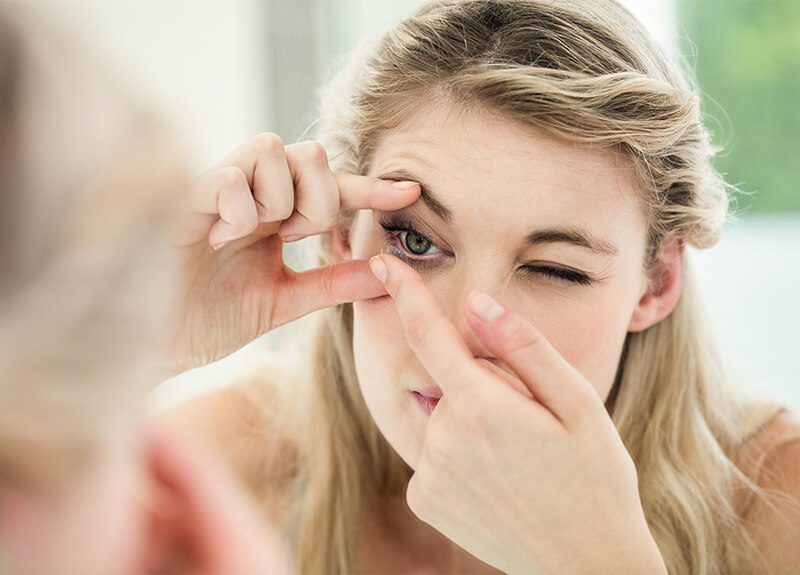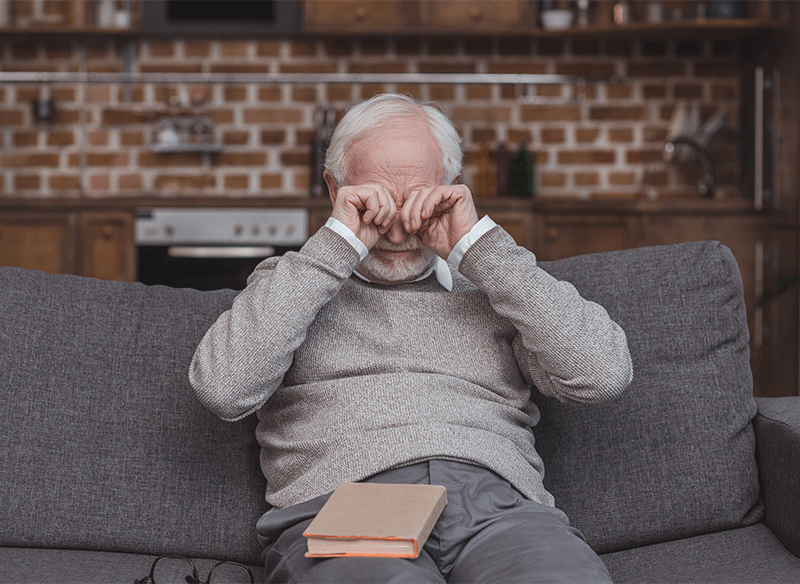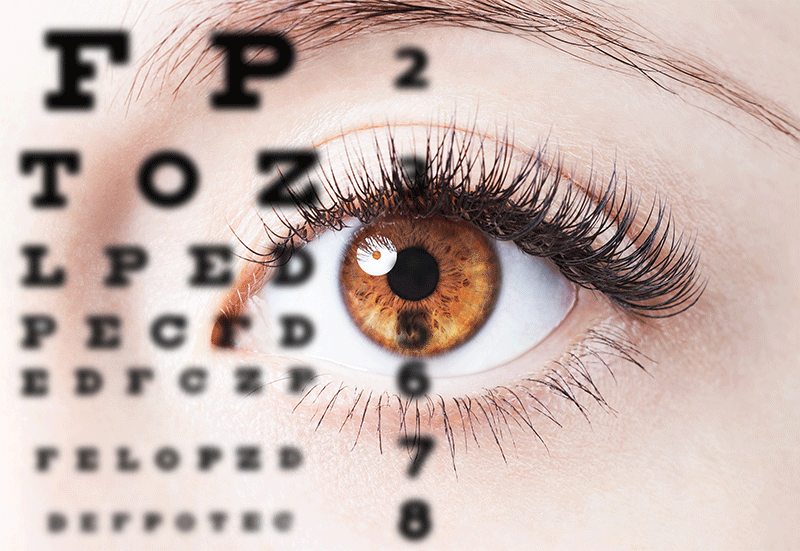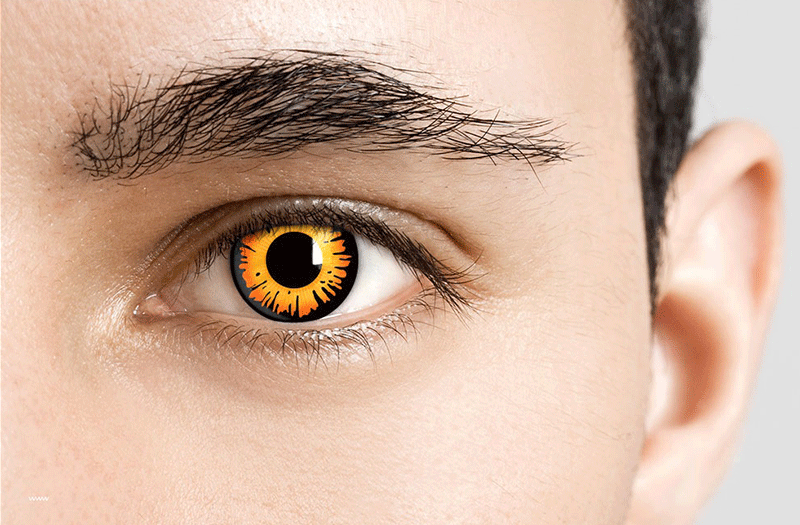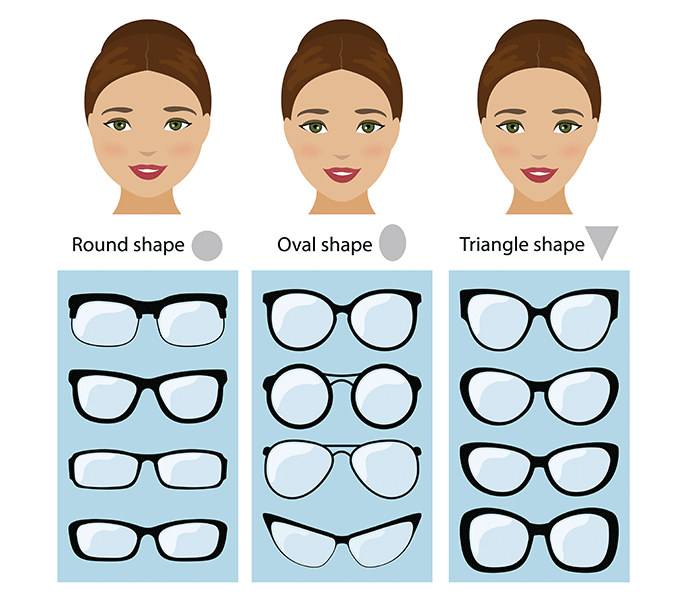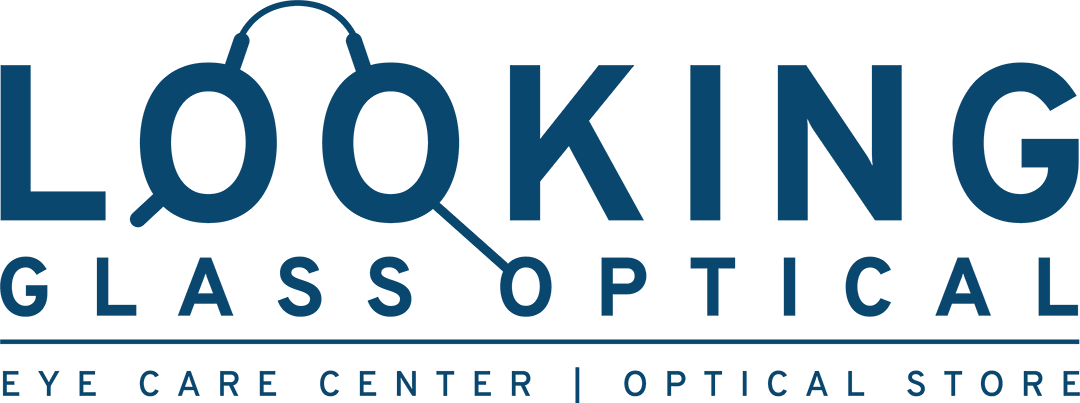LOOKING GLASS OPTICAL BLOG
At Looking Glass Optical, we just as dedicated to vision health as we are to educating our customers about their eyes. That is why we have a monthly blog about all sorts of topics. If you don’t want to miss out on the latest blogs, sign up for our monthly newsletter and follow us on Facebook. We truly believe knowledge is power. That is why comprehensive eye exams are so important. The more you know about your eye health, the better.
As a commitment to eye education and health, we also support Promise in Sight. It is a non-profit organization committed to preventing blindness and help preserve vision for those who don’t have access to great eye healthcare. You can learn about this and other great topics below. If there is a topic you don’t see, give us a call! We are always eager to help our patients with any questions you may have.

